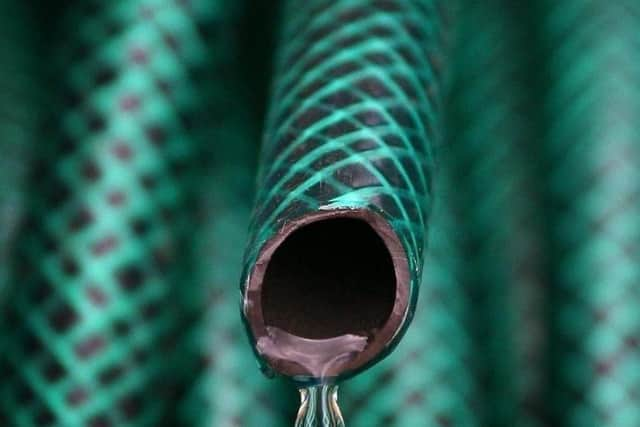There are no fat cats in the utilities sector and nationalisation isn’t the answer - Yorkshire Post Letters
Leakage rates – most water companies are beating the leakage reduction targets set by Ofwat, in Yorkshire in the last reporting year they beat the target by 0.4 million litres per day. How can people criticise a business when they are beating the target set for them?
Before 2019, Ofwat allowed the water companies to increase charges to customers to reduce leakage. That changed in 2019, and the water companies had to bear the costs of meeting the regulator’s targets. Since then leakage rates have reduced by 11 per cent, and are expected to reduce by a further six per cent by 2025.
Advertisement
Hide AdAdvertisement
Hide AdThe problem in the water industry lies with Ofwat, not setting hard enough targets. There is no need to nationalise the water industry, just get the independent of government regulator to up his game!


In the electricity market, the call for some is nationalise the industry! This shows a fundamental lack of understanding of the industry.
First, there are the generators who produce electricity from gas, nuclear, solar, wind etc. There are dozens of suppliers, some large, some small, are we going to nationalise all of them? What would it achieve? They would still be buying gas on the global market so the costs would still not be determined by the generators.
Then there is National Grid and the distribution companies who own the cables and infrastructure that gets electricity from the generators to businesses and homes. Once again a regulator, Ofgem, regulate those businesses and determines what they can charge and what profits they can make, along with investment levels. Given that, what is the point of nationalising them? They have a small impact on the cost of energy, their prices do not change with the price of energy, they are fixed for a set period, and change when the regulator reviews them.
Finally, there are the retailers who we buy the energy from. They make tiny margins on selling the energy they buy from generators, there’s no fat cats in that sector.